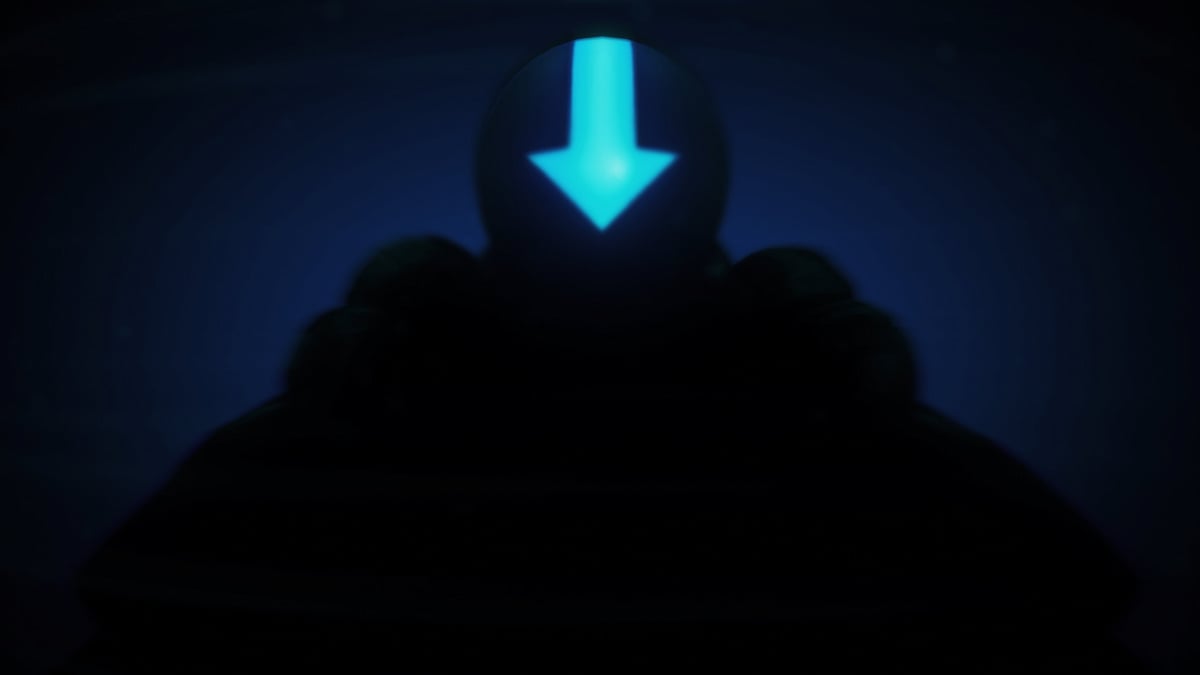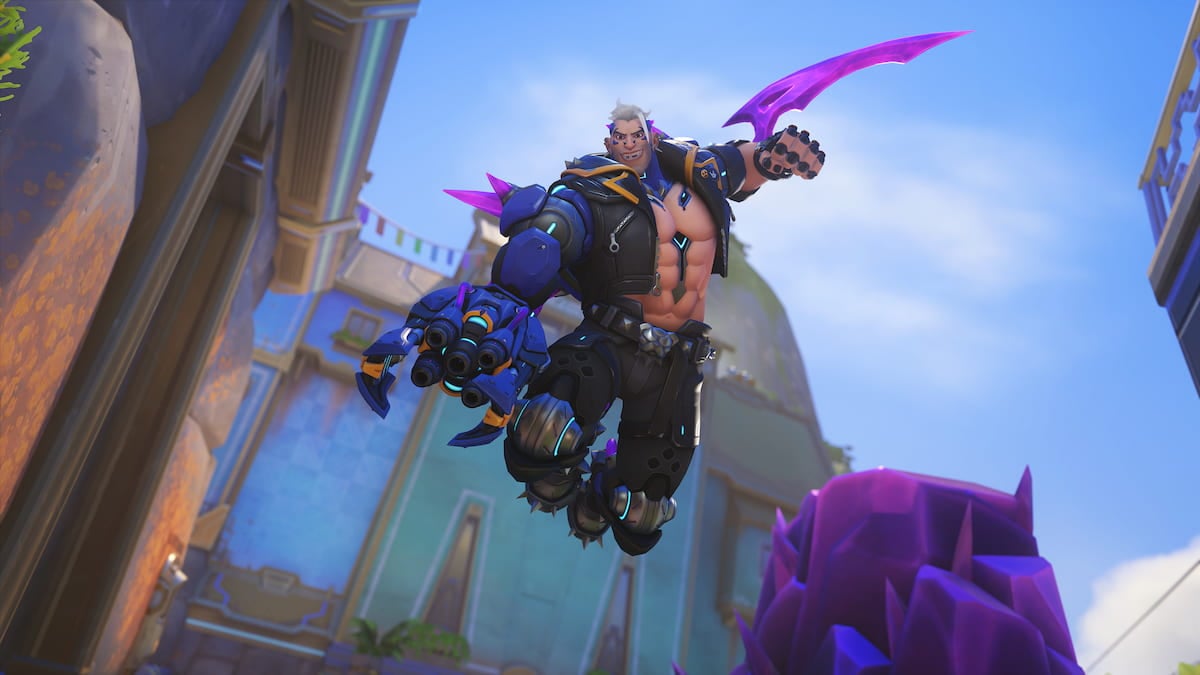On Nov. 6, 2016, I published an article entitled “Knowledge Defeats Skill, Korea’s World Cup Run.” The final sentence in that piece was “I, for one, welcome our Korean overlords.” While this was obviously intended to be a joke, it did capture my feelings about the state of Overwatch esports following BlizzCon. A trend that has existed across many esport titles was already becoming apparent; Korea would be a dominant region in Overwatch.
As the title of this piece may suggest, I agree with the sentiment expressed by Reinforce. Korea, as a region, is stronger than the west, both at the top and in the mid-field. What I mean by this is that the best Korean teams are stronger than the best western teams, and an average Korean team is stronger than an average western team.
But I do not believe that the west’s hopes are gone yet, and in fact, the future looks bright for the improvement of western teams. For the purposes of this article, I will not be discussing cultural issues, such as Korean practice attitudes compared to North American attitudes, as they deserve their own piece by someone much more knowledgeable on the subject than I. Instead, this article will be primarily discussing the tournament and infrastructure differences.
Hyperbolic Time Chamber
When we examine the pace at which Overwatch teams globally have developed over the past five to six months, we see a startling trend developing in the west. Especially for mid-tier teams in the west, there has been almost a complete stagnation. Improvement has been slow to nonexistent, as many teams don’t seem to have the urge to improve as there are no important tournaments. Seriously, Apex Challenger carries more importance than the Carbon Series.
But when we move to Korea and see Apex, it’s obvious how much effort every team involved is putting in. The improvements made, especially by the bottom teams in Apex, are massive. Viewers have seen improved team coordination across the board, with many players increasing the size of their hero pools and further developing an understanding of flank attacks. The rapid development was not just in the Korean teams, but also in the western squads that came to compete in Apex, especially Reunited, Misfits, and Cloud9, who all made noticeable strides during their time spent away from the west.
This is all a byproduct of the tournament that OGN has set up. They bring in four top western teams, put them in team houses, or hotel rooms, and place them in an extended league format style event over the course of multiple months. Now these rosters are in an environment specifically tailored for practice, where for months at a time, they can scrim as a full-time job against the best Korea has to offer. It is a mutually beneficial situation for both the Korean teams and the western teams as they can learn from each other.
Apex has created a vacuum chamber where the teams invited are in a position to rapidly improve due to the high quality of practice against the best opponents in the world. This has allowed those involved to slingshot far ahead of teams not participating in Apex. And as Korea has effectively had 22 teams practicing in this pool, if we count both Apex and Challenger, compared to just seven western teams, it becomes clear why Korean Overwatch is leaving the west behind.
Have patience, the drought is breaking

In a strange way, the complete lack of any meaningful European tournaments over the past several months may end up being a positive. With every European team that matters, besides NiP, having announced their plans to relocate to North America, it will be leveling up the west as a whole. This mass exodus to North America means I can now refer to both North American and European teams collectively as the western teams.
For teams such as Cloud9 and EnVyUs, this is a huge boon as they will have more top level practice partners rather than just each other. For all the mid-tier teams, their chances of finding scrim blocks with a top level team has increased, hopefully resulting in improvements to the region as a whole with a trickle down effect.
These moves do not seem temporary, and it is obvious the moves are coming in anticipation of the upcoming Overwatch League. While I know many are still skeptical of the Overwatch League, even just the promise of the upcoming tournament may be enough to save the west. The talent consolidation into one region will improve the practice for everyone, and make North American-based tournaments significantly more interesting.
If the Overwatch League is a success, it will create a long-term tournament, very similar to Apex, and provide enough funding for teams to practice full-time and hopefully improve their infrastructure.
Build ’em up, break ’em down

Infrastructure in esports is always an interesting topic. I think some fans over-emphasize its effects, while others believe it has no bearings on a team’s performance. Ultimately, it is the players who have to compete in the match, but the infrastructure around them is important for preparing the team for their games.
By infrastructure, I mean coaches, analysts, managers, potentially sports psychologists (no, not you Weldon), and maybe even physical therapists to help players with wrist issues. These people can be major aids to a player’s performance by helping develop strategies, overcoming mental or physical roadblocks, and resolving player conflict. However, as we have seen in both Overwatch and other esports, they can also provide little to no benefit for teams, and possibly even be detriments.
I’m not going to talk on the topic of sports psychologists or physical therapists, because those are two fields I know nothing about. However, when it comes to coaches, analysts, and managers, I’ve been fortunate enough to either be one or work closely with them, and I have a vague idea of what makes them successful.
Particularly when dealing with North American players, even worse headstrong players, having a commanding coach is crucial. League of Legends fans love to talk up Korean coaches for their effectiveness, forgetting that in Korea, the players will follow the coach’s plan. In the west, mostly North America, the players are far less willing to buy into a concept if they do not respect the coach. And unlike in Korea, that respect is not given by default and must be earned.
From what we have seen so far in Overwatch, there are just a handful of coaches who have earned their players’ respect. To draw the distinction, there are dozens of qualified analysts who can discuss game concepts with players and scout upcoming opponents. But an analyst is not a coach who is responsible for creating practice regimens and moderating player disputes.
As we’ve seen in western Overwatch, there is a distinct lack of conflict resolution. Talespin and EnVyUs, IDDQD and Fnatic, and now Mineral leaving LG Loyal are all examples of this. Personality conflicts within the team were actively preventing the organization from improving because practice regimens were inefficient due to the conflicts. The sheer volume of roster moves constantly being made in the west to work around personality conflicts is a huge blinking indicator of this issue.
For any roster to improve as efficiently as possible, having a qualified coach is absolutely critical. That coach needs to be skilled in conflict resolution, and doesn’t necessarily need to be an Overwatch expert. Lack of game knowledge can be shored up by analysts, who supply the coach with information they observe from studying game tape.
But the most important part on a western team is that the coach needs to be given explicit authority over the players by the organization with the ability to punish players. Having a competent coach is good, but if you have a pair of headstrong players who are determined to have their way, that extra nudge of authority is critical for dissolving the dispute.
It does feel unfair to hold western Overwatch teams to such a high standard so early into the life of the esport. If we were following the same timeline as League of Legends, coaches and developed infrastructures would not be standard for a few more years. However, Overwatch teams have the benefit of hindsight and take lessons from League of Legends history and see the proof of how effective a good coaching staff can be.
Down, but not out
Western Overwatch teams have undoubtedly fallen behind their Korean counterparts across the entire spectrum. Middle-tier Korean teams are taking series away from some of the best rosters the west has to offer, while the top-tier Korean squads look untouchable.
However, the west’s hopes are far from over. The player talent is still there, and many of the best players in the world across all roles are from the west. With the consolidation of teams in North America and the upcoming Overwatch League, hopefully practice quality can improve.
But that practice quality will be largely dependent on surrounding players with the support they need to succeed. Coaches, analysts, and managers, however, cannot be birthed out of thin air. I urge organizations to bring the most qualified candidates in an effort to also develop their support staff, much like you would a player. If the western scene as a whole can make incremental improvements in the coming months before the Overwatch League, then I see no reason why the western teams can’t be a dominant force in the world.
Do you think the West can pull themselves together, or will Korea continue to pull ahead? Tweet your answer to us @GAMURScom or @GAMURS_OW.
GGs, Eblion
Follow the Author: @ElbionTosscoble






Published: Mar 12, 2017 09:40 am